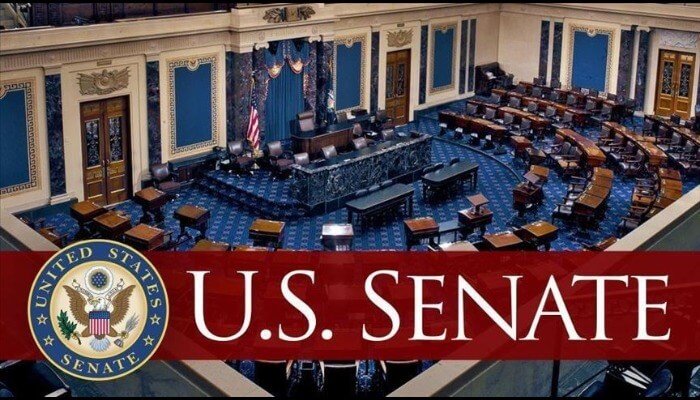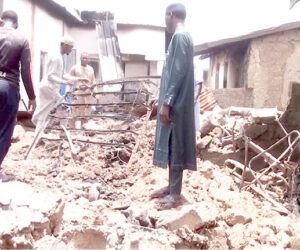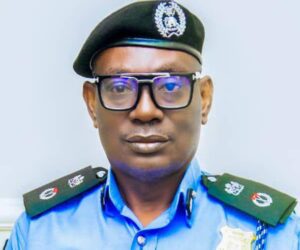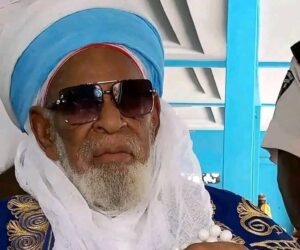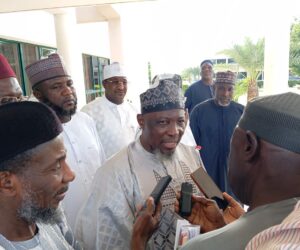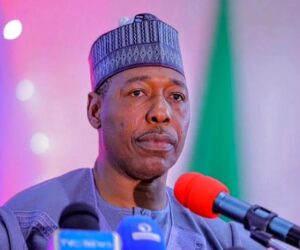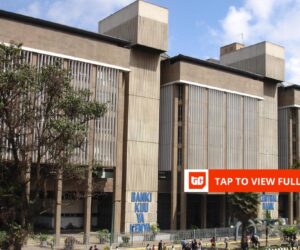Global banks have raised concerns over a provision in the U.S. Senate tax bill aimed at cracking down on tax avoidance by multinational corporations that they said could hurt the banking industry.
The United States is considering sanctions and expanded Pentagon involvement as part of a strategy to push Nigeria to protect Christian communities better and uphold religious freedom, a senior State Department official told lawmakers Thursday.
Jonathan Pratt, who leads the State Department’s Bureau of African Affairs, said the Trump administration is drafting a plan that would use “all tools at our disposal” to respond to concerns about attacks on Christians in Africa’s most populous nation.
“This plan will consider U.S. State and Treasury engagement on sanctions, as well as possible Department of War engagement on counterterrorism and other efforts to protect religious freedom,” Pratt told the House Foreign Affairs Committee.
The move follows President Donald Trump’s recent decision to return Nigeria to the U.S. list of “Countries of Particular Concern,” a designation for governments accused of violating religious freedom. Trump has publicly threatened “fast” military action and the suspension of all U.S. assistance if Nigeria fails to curb attacks on Christian communities.
Read Also: Christian genocide claims split US lawmakers as Nigeria intensifies diplomatic push
Nigeria has rejected the allegations, saying claims of Christian persecution oversimplify a complex security crisis involving extremist violence, criminal banditry and resource-driven conflict. Officials argue that the government’s efforts to protect citizens of all faiths have been understated.
Pratt said Washington’s review includes assessing U.S. security support to Nigeria, monitoring how Nigerian forces deploy assets, and expanding intelligence-sharing.
He told lawmakers he does not believe Nigeria’s government has been infiltrated by jihadist groups, countering claims pushed by some U.S. commentators.
The United States has also engaged Nigerian officials directly. President Bola Tinubu dispatched his national security adviser, along with the country’s defense chief, intelligence chief and police inspector general, to Washington this week for meetings with Trump administration officials and members of Congress.
A U.S. official, speaking on condition of anonymity, said Defense Secretary Pete Hegseth and Joint Chiefs Chairman Gen. Dan Caine were scheduled to meet Nigeria’s national security adviser on Thursday. Pratt said the delegation was also set to meet Deputy Secretary of State Christopher Landau.
State Department human rights official Jacob McGee told the committee that Nigeria’s designation as a country of concern had “captured the attention” of its government but added that “a lot more needs to be done.”
“We are planning engagement on the ground, through our embassies and other visits, to make sure Nigerians hear our very important message that they have to do better,” McGee said.
Nigeria — home to roughly 200 ethnic groups and large Christian and Muslim populations — has long struggled with overlapping security crises, including Boko Haram’s 15-year insurgency, which has killed tens of thousands. Experts note that while the Islamist group has targeted Christians, most of its victims have been Muslims.

